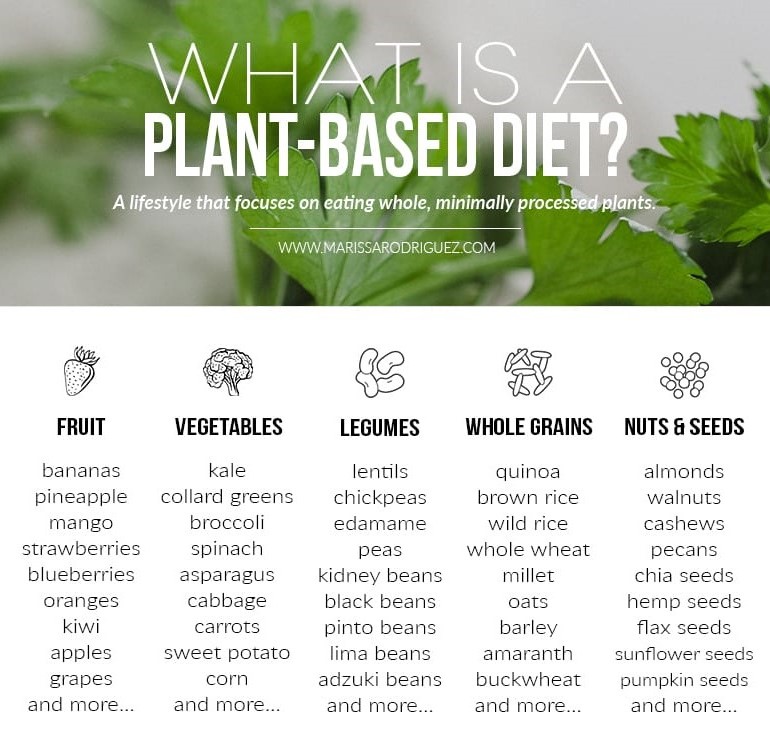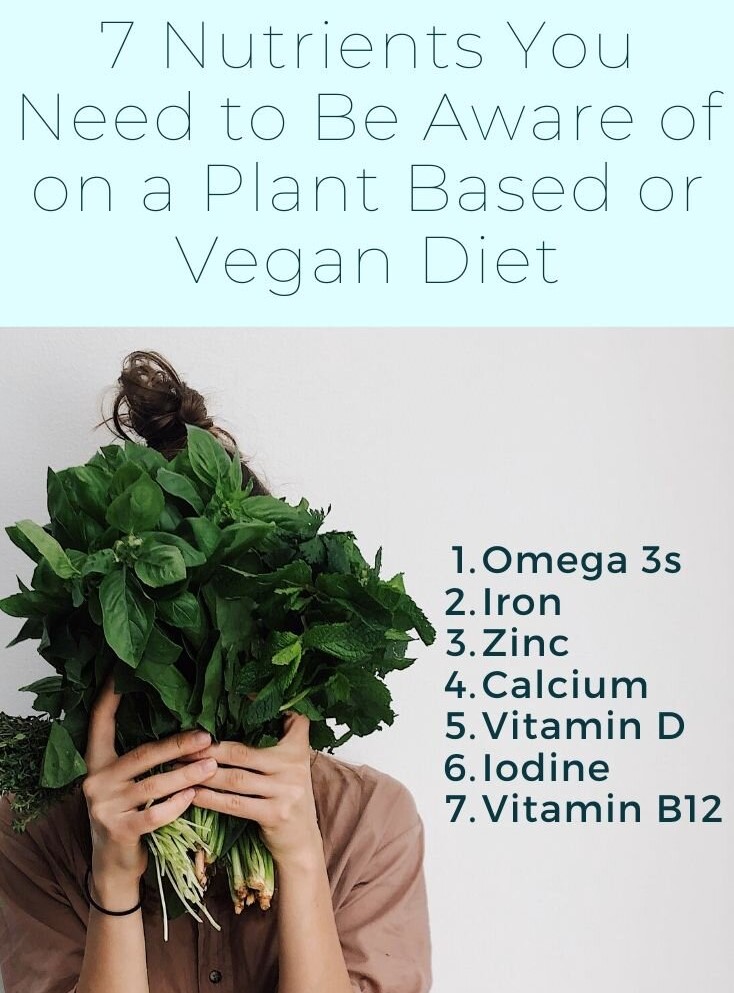PLANT BASED DIET: IMPLICATIONS ON HEALTH AND EXERCISE PERFORMANCE IN ATHLETES

INTRODUCTION
Globally, the popularity of plant-based diets has increased, largely due to its positive impacts for human health and the environment. Plant based diet is when eating habits are largely plant-based or plant-forward emphasized. This diet includes whole grains, legumes, beans, nuts, seeds, and oils in addition to fruits and vegetables (McManus, 2018).

A plant-based diet can help athletes perform better by reducing weight, building slimmer bodies, and enhancing stamina, according to recent studies. Athletes, who require weight control, speed, and endurance in particular should consider the benefits of practicing plant-based diets. As research indicates, reduction in meat-based foods and an increase in plant-based foods can contribute to a reduction in body fat percentage and, consequently, leaner body mass. Leaner body mass promotes improved athletic performance.
One of the earliest studies on the body composition of American Olympians revealed that they had more lean body mass and a lower body fat percentage than collegiate athletes. More recent research has been done to look at the body composition of professional athletes. Although body fat percentage and lean body mass varied by sport in various studies of collegiate athletes, athletes nevertheless had lower overall body fat percentages than other college students (Rizal, 2021).
However, there are few downsides of consuming a plant-based diet. Protein is present in plant-based diets, albeit in lower amounts than in animal-based foods, and they typically include a high concentration of one of the other macronutrients. A chicken breast, for instance, contains 80% protein and 20% fat, while raw chickpeas contain 22% protein and 65% carbohydrates. Plant proteins are more difficult to digest, frequently “incomplete” (lacking essential amino acids), and frequently poor in branched chain amino acids (BCAA), which are crucial for muscle synthesis.
Moreover, the presence of phytic acid reduces the bioavailability of nutrients such as zinc and iron in plant-based food products. Micronutrients such as vitamin B12, iron, calcium and zinc are least available in plant-based food and can be found mainly in animal based food products. The substitutes for these vitamins can only be obtained in supplements in order to fully obtain the benefits among athletes. Deficiency of iron causes anaemia which leads to muscle injury and fatigue during strenuous activities. Calcium inadequacy in a sportsperson causes reduced bone density that further leads to bone fragility (BioSteel US, 2023).

There are several ways to manage a healthy plant-based diet while being an athlete. Vitamin B12 deficiency can be overcome by consuming food rich in that specific nutrient such as nutritional yeast, fortified soy and almond milks. If there is no sufficient source in getting enough iron each day, they can consume more plant sources of the mineral, such as green vegetables, cereals, legumes, nuts, and seeds.
The main iron supply for vegans is non-haem iron, which is less accessible than the haem iron present in animal products. Consuming ascorbic acid (vitamin C) along with an iron-rich meal can, however, increase the bioavailability of non-haem iron. Citrus fruits, bell peppers, strawberries, and kiwifruit are just a few foods that contain vitamin C. In the event that the athlete avoids dairy products, plant sources of calcium include tofu, fortified plant milks and juices, broccoli, and leafy greens like kale. Beans, nuts, seeds, oats, and wheat germ are examples of plant sources of zinc (Harrington, 2020).
CONCLUSION
When it comes down to it, vegan athletes may face some additional dietary difficulties. While it can be challenging for many athletes to achieve nutritional requirements, those who follow a plant-based diet may be more susceptible to nutrient shortages, particularly when it comes to protein and several vitamins and minerals. However, all nutrient needs can be satisfied with careful meal planning, preparation, strategic replacement of animal foods with plant meals of comparable nutritional content, and supplementation. In conclusion, a plant-based diet should at least be given some thought by athletes who want to obtain a competitive edge in all areas of health that can positively affect their performance.
REFERENCES
BioSteel US. (2023). Are Vegan Athletes at a Disadvantage in Pro Sports? [online] Available at: https://biosteel.com/blogs/news/are-vegan-athletes-at-a-disadvantage-in-pro-sports
Harrington, J. (2020, April 22). 5 Tips for Creating a Plant Based Diet for Athletes | CSP Global. CSP Global. https://online.csp.edu/resources/blog/plant-based-diet-for-athletes/
McManus, K. (2018). What is a plant-based diet and why should you try it? [online] Harvard Health Blog. Available at: https://www.health.harvard.edu/blog/what-is-a-plant-based-diet-and-why-should-you-try-it-2018092614760.
Ostfeld, R.J. (2017). Definition of a plant-based diet and overview of this special issue. Journal of geriatric cardiology : JGC, [online] 14(5), p.315. doi:https://doi.org/10.11909/j.issn.1671-5411.2017.05.008.
Rizal, E. (2021). Benefits of Plant-Based Diets in Athletic… [online] Berkeley.edu. Available at:https://pha.berkeley.edu/2021/04/11/benefits-of-plant-based-diets-in-athletic-performance/.




